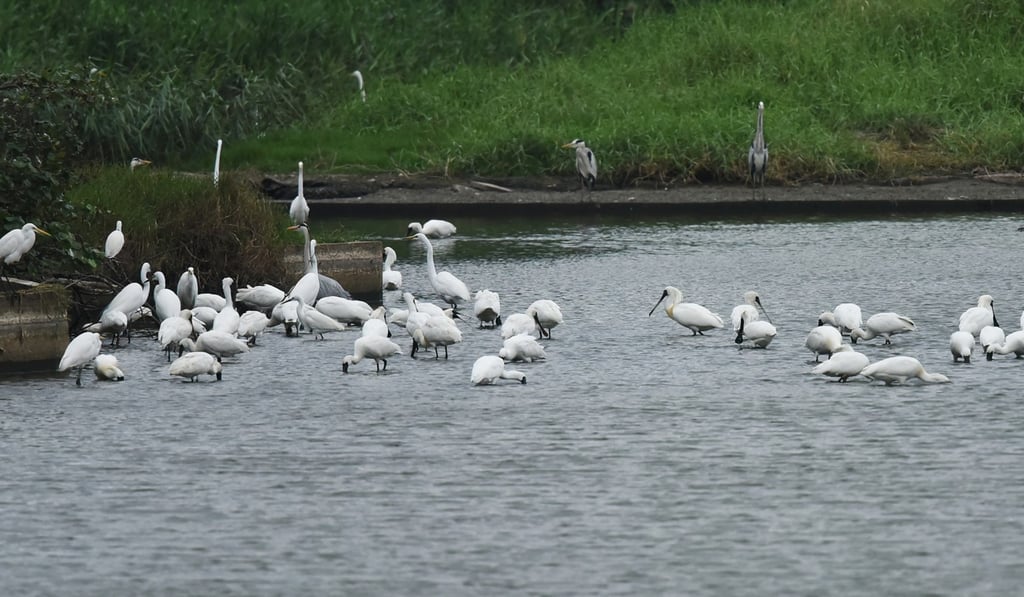The View | Four reasons Hong Kong businesses should be taking more interest in local bogs and birds
- Thomas Tang says apart from helping prevent climate change, wetlands can inspire product innovation, are repositories of rare plant species that could have commercial applications and offer business executives space to unwind

World Wetlands Day was celebrated earlier this month. However, not many people in Hong Kong realise that wetlands, freshwater or inter-tidal, cover about 5 per cent of our land area. Our Mai Po marshes and Inner Deep Bay area are listed as a Ramsar Site, a wetland of international importance, and are located on the fringe of the Indo-Burma Hotspot, one of the most biodiverse regions in the world.
Businesses can play a role in protecting Hong Kong’s biodiversity. Studies worldwide have highlighted the economic value of preserving natural resources, from local livelihood support to tourism income. But the intrinsic benefit lies in “shared value”, a business concept coined by Michael Porter and Mark Kramer of the Institute for Strategy and Competitiveness at Harvard Business School. They propose that a company’s competitiveness and the health of the communities and natural environment around it are mutually dependent.
At first glance, there may not seem to be any connection between wetlands and businesses. However, there are four reasons businesses should be taking an interest in Hong Kong’s marshes.

